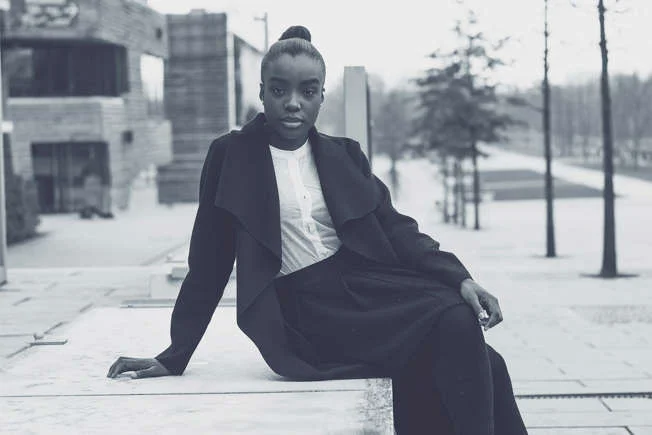Ever wonder why your coworker thrives on deadlines while your best friend prioritizes everyone’s feelings? The answer might lie in their social style! Inspired by psychologist Paul Watzlawick, the social style model is like a comedic personality test, offering a lighthearted look at how we interact with others and navigate power dynamics.
The Driver:

Picture a fast-talking ringmaster, barking orders with hilarious efficiency. This “get-it-done” personality thrives on tasks and power, a natural leader who might crack the whip a little too hard at times. Think Michael Scott from ‘The Office’ – all deadlines, charts, and motivational (questionable) speeches.
The Amicable:

Now enter the scene’s warm-up comedian, all jokes and easygoing charm. This expressive and people-oriented type seeks connection and power through likeability, sometimes getting lost in the laughter. Imagine Chandler Bing from ‘Friends,’ the charming goofball who diffuses tension with a perfectly timed quip.
The Analytical:

But wait, there’s more! In the corner, hunched over a clipboard, sits the meticulous analyst. This data-driven personality prioritizes logic and information, wielding the power of knowledge with a professorial air. Think of Sheldon Cooper from ‘The Big Bang Theory’ – a walking encyclopedia with a side of hilariously rigid social norms.
The Expressive:

Finally, the spotlight hits the drama queen of the group, the expressive type. Fueled by emotions and a desire for connection, they wear their heart on their sleeve and use their expressiveness to navigate the social world. Think of Elaine Benes from ‘Seinfeld’ – passionate, opinionated, and always ready to deliver a scathing (and hilarious) monologue.
A Need For Praise

Dynamic, warm and focused on the future, the expressive generally has a pronounced need for praise, recognition and to be acknowledged.
Good Sellers

Despite a possible lack of reliability or certain organizational problems, the expressive is naturally optimistic and communicative. This personality type often makes good salespeople and effective project leaders.
A Need to Belong

Seeking to be appreciated by others, the amicable possess a strong need to belong which explains their qualities: Friendly, cooperative, confident, and, above all, seeking compromise.
Mediating Between Others

Their sensitive and tolerant personality allows the amicable to take on the role of mediator. But it can also come off as inauthentic due to a fear of conflict.
Jack of all Trades

Patient, strict and methodical, the analytical is the quintessential expert style. Shy but sincere, they do and mean what they say, without trying to put up appearances and, above all, seeking results.
Are you sure?

Characterized by a strong need for assurance, the analytical will examine all possible options before choosing one, generally favoring true and tested responses that have worked in the past.
A Need for Accomplishment

The Driver is all about winning! They love a good challenge and want to do their best in everything they do. Sometimes they might rush into things a bit too fast without thinking of all the consequences, but that’s just because they’re so excited to get things done and be the best.
Show of Force

The horizontal axis of the social styles model looks at how people handle power. On the left side, you’ve got folks who are more assertive and take charge. Think of them like a lion leading the pride. On the right side, you’ve got people who are more adaptable and go with the flow. They’re kind of like chameleons, blending in with the situation.
Ask, Tell, Task, People

Imagine you’re hanging out with your friends. The social styles model helps explain how you all act with each other.
There are two main things to consider:
- Chatterbox vs. Doer: This is like the life of the party vs. the one getting the snacks ready. Some folks (top of the axis) love to chat, share feelings, and tell stories. Others (bottom of the axis) are more focused on getting things done and might not chat as much.

